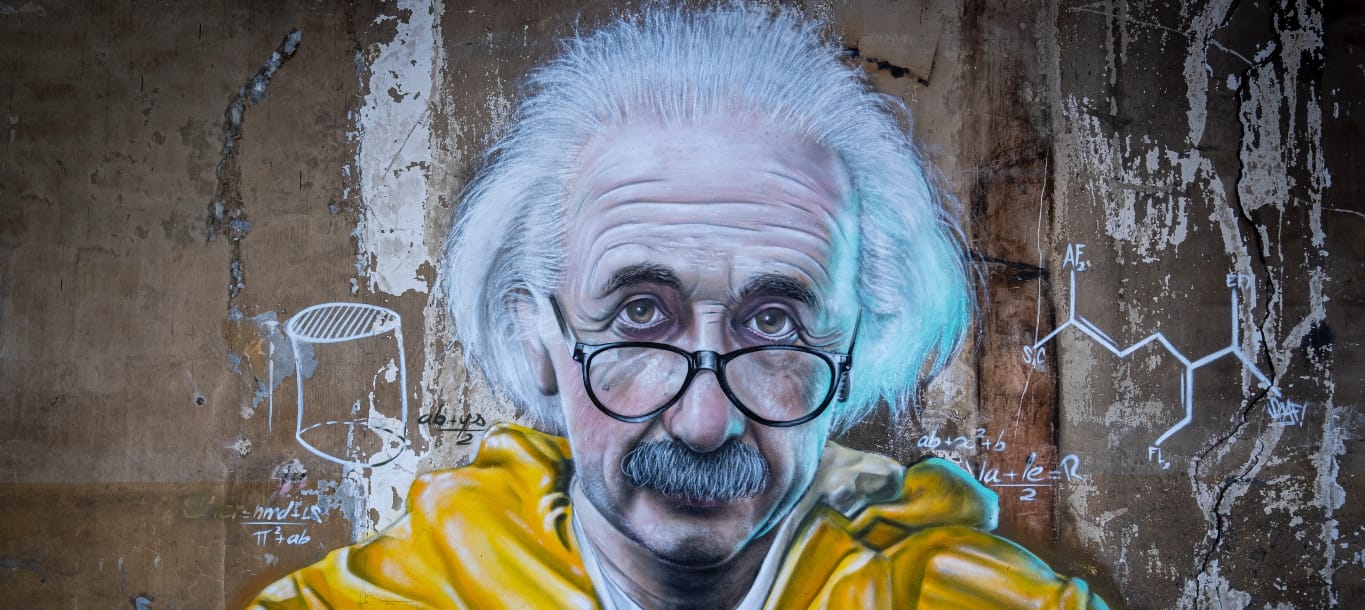What is a physicist?
A physicist is someone who studies the universe: the earth, the solar system, everything our world contains. Physicists observe natural phenomena, from light reflection and refraction to how planets orbit the sun. They work to understand how and why these phenomena take place, and what these observations can tell us about other natural phenomena.
Can anyone call themselves a physicist?
Unlike other careers (doctor, dietician) who need specific credentials to call themselves that, anyone can refer to themselves as a physicist. According to the dictionary, a physicist is ‘someone who studies physics or whose job is connected with physics.’ This means that it doesn’t matter whether you’re studying physics as part of your GCSEs or National 5s, or completing an engineering apprenticeship, you can still consider yourself a physicist.
What does a professional physicist do?
While anyone can call themselves a physicist, many people choose to work as a professional physicist. As we discussed earlier, this is someone who studies the earth and observes natural phenomena. Responsibilities of a physicist include:
- Researching existing physics theories
- Designing and observing experiments
- Using computer software to analyse results
- Presenting findings at conferences or in journals
Many physicists are employed by universities, so have additional responsibilities such as designing lesson plans, delivering lectures, marking exams and supervising PhD students.
Do physicists need to know everything about physics?
No. The sheer volume of physics research out there makes knowing everything about physics nearly impossible. Instead, physicists specialise in an area of physics that interests them. Here are a few examples:
Biophysicists apply their understanding of physics theories to biological phenomena, considering how biological systems are affected by the laws of physics. For example, considering how forces interact to help the heart pump blood.
Nuclear physicists work to improve our understanding of nuclear matter. By learning about the properties of nuclear materials, nuclear physicists design cleaner, safer and more cost-effective ways of producing nuclear energy. Nuclear research has even helped with radiotherapy treatments.
Astrophysicists study the solar system and the phenomena it contains (planets, stars). By understanding how and why the universe was formed and how it's evolving, we can know more about the world we live in. Astrophysicists were also key to the development of communication satellites.
How do I become a professional physicist?
To become a professional physicist, it’s a good idea to complete an undergraduate degree in physics. Afterwards, postgraduate study is advised. The research scientist degree apprenticeship provides a fully funded master’s and valuable research skills. A PhD in the area of physics you’d like to specialise in is a requirement for many senior roles, especially if you’d like to become a lecturer.
